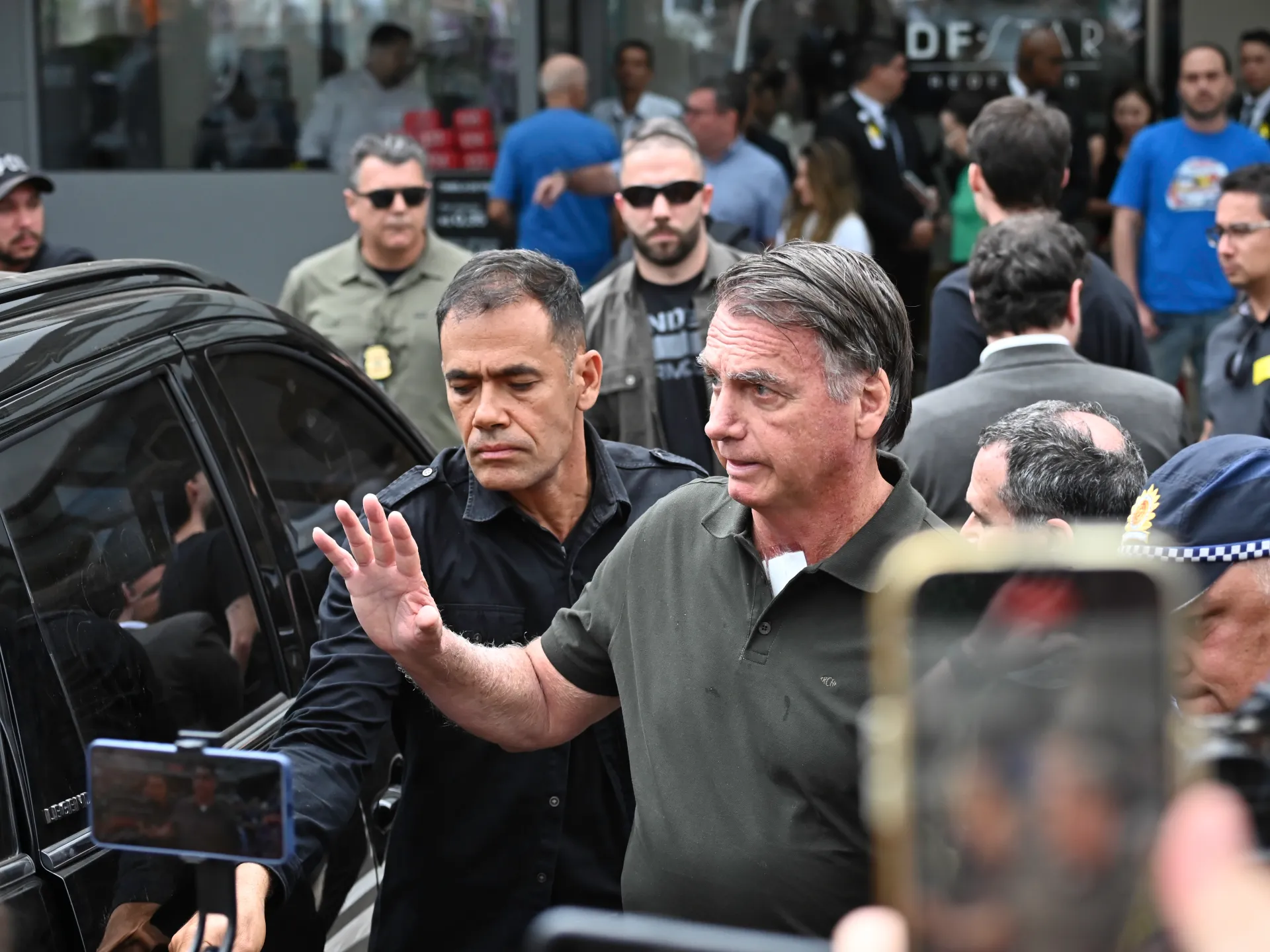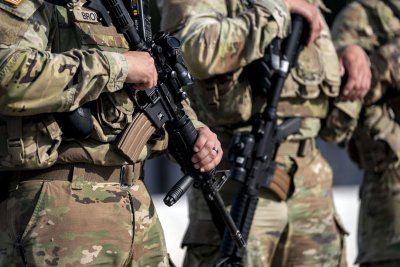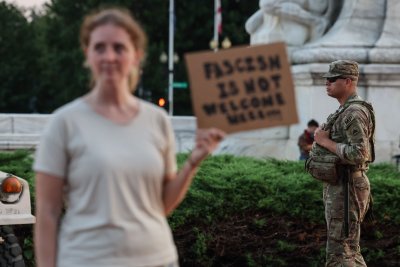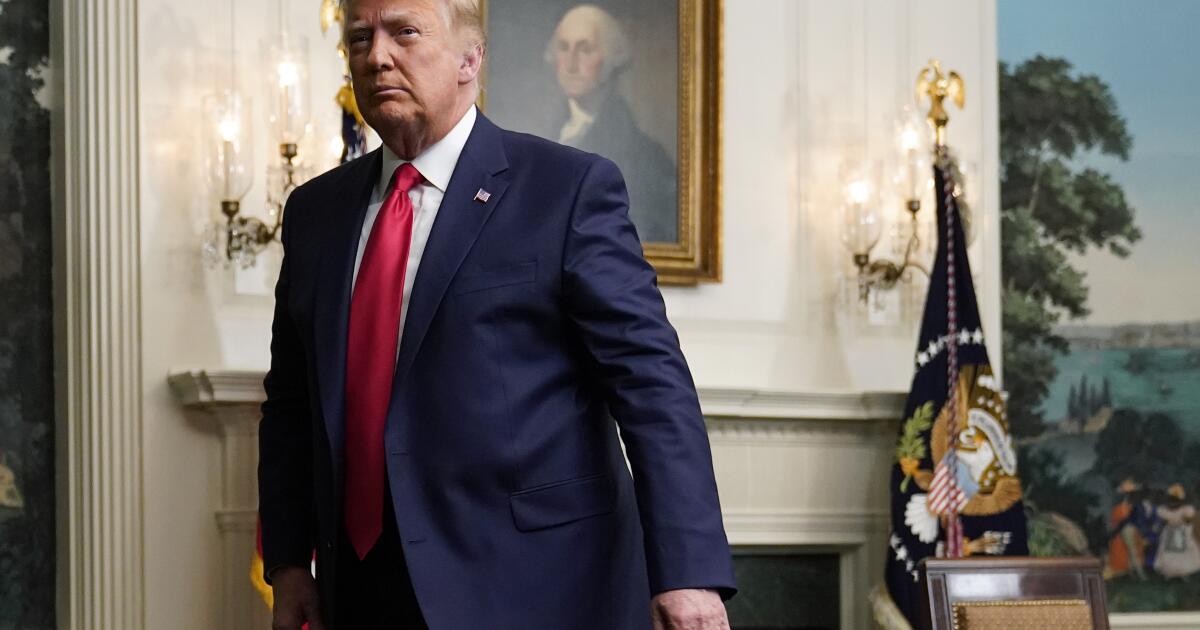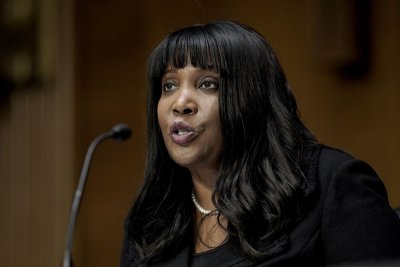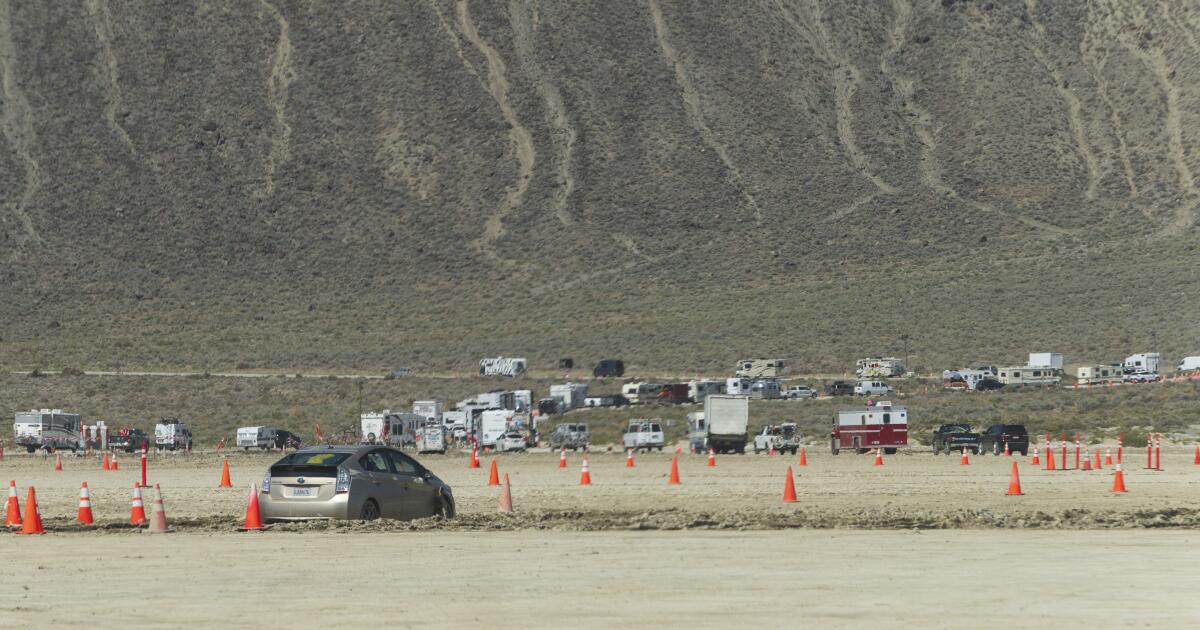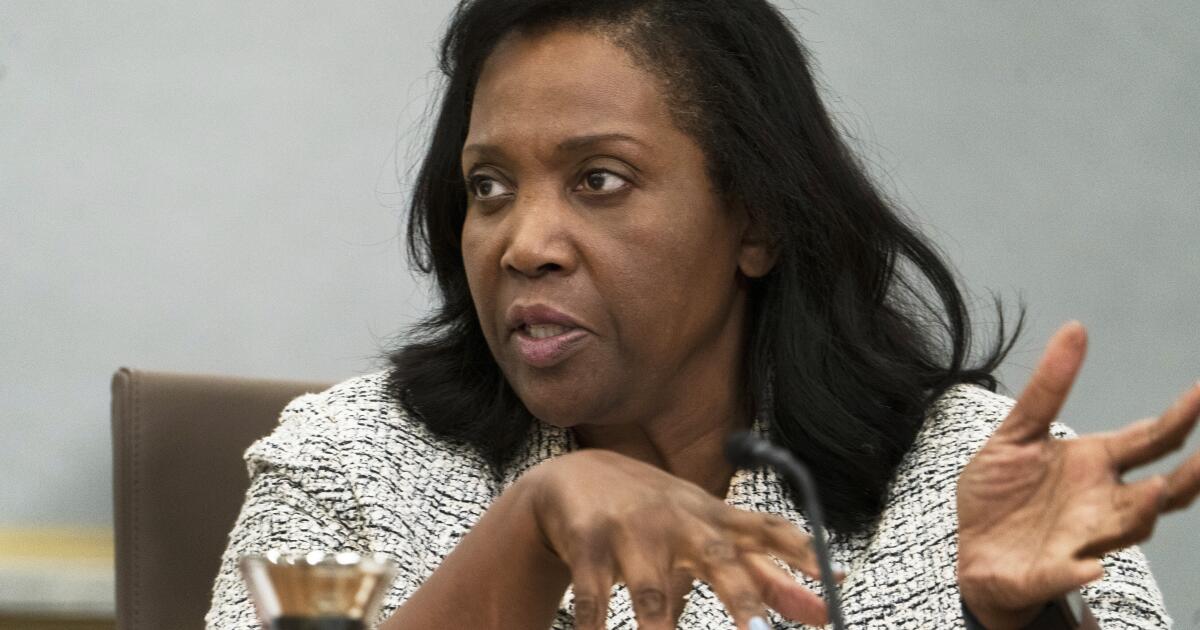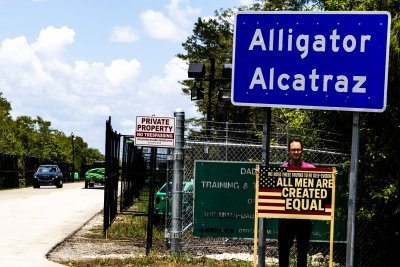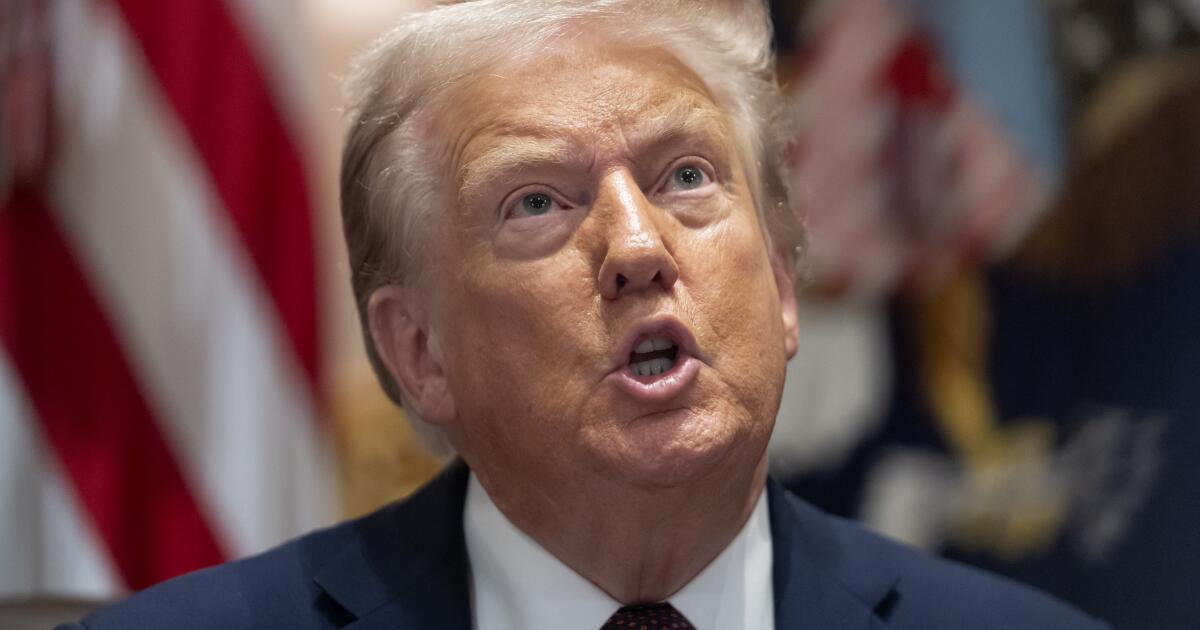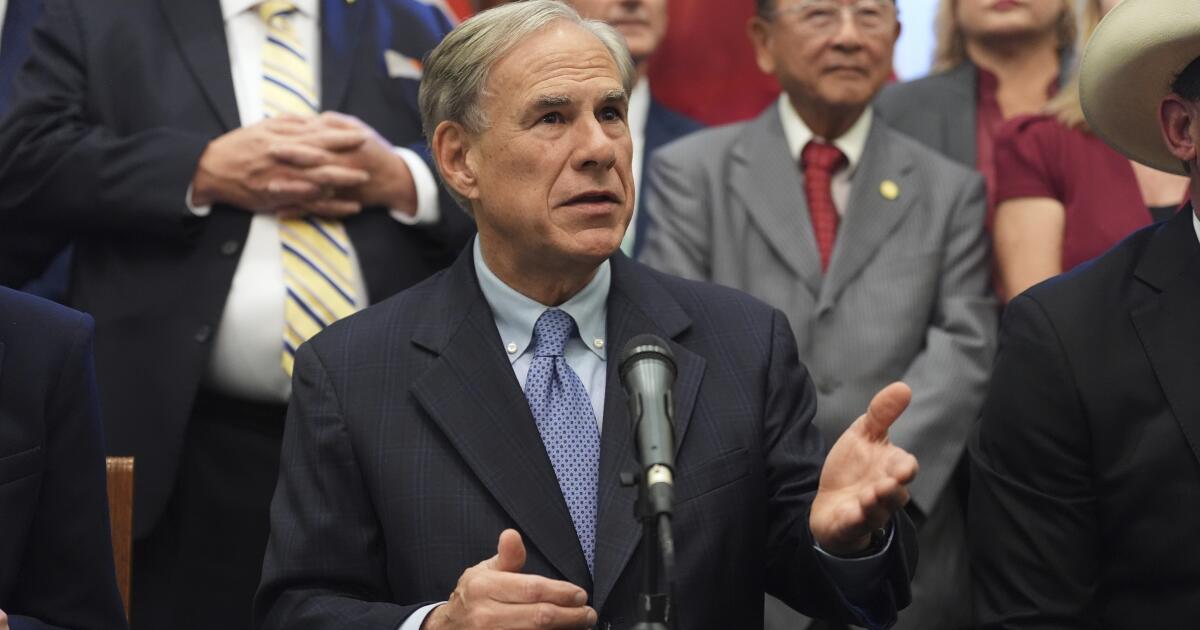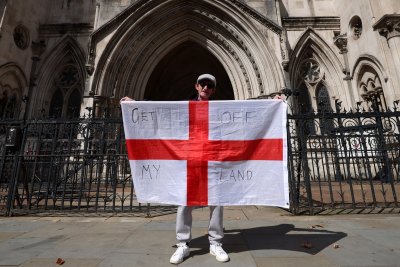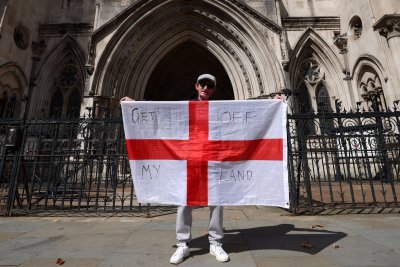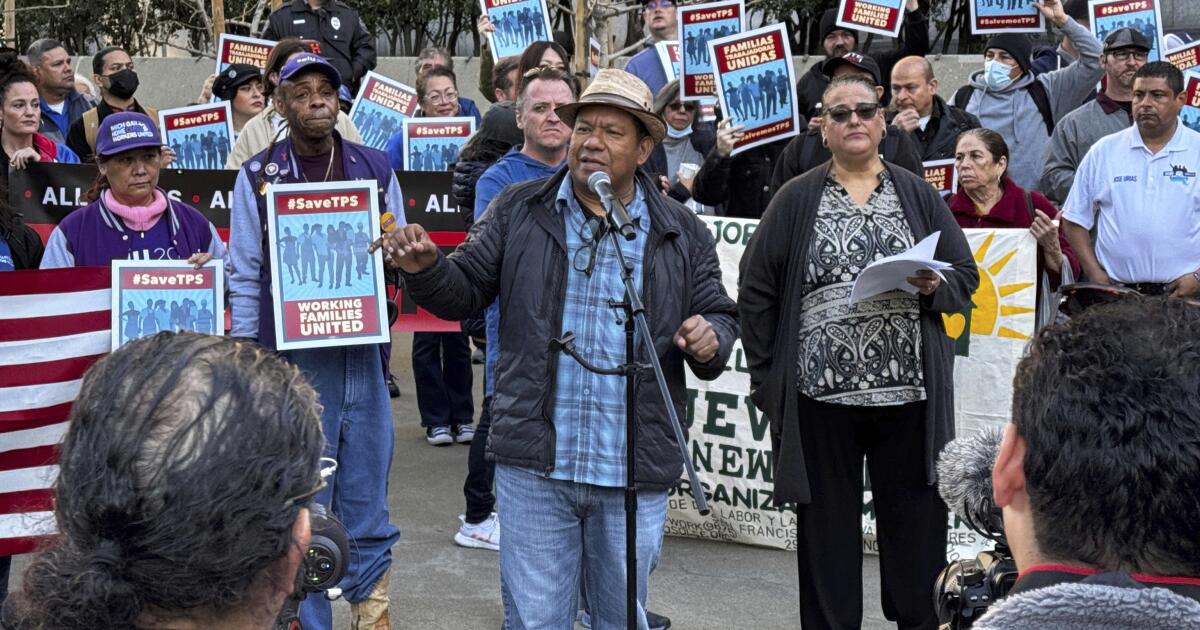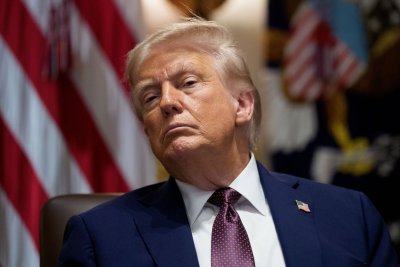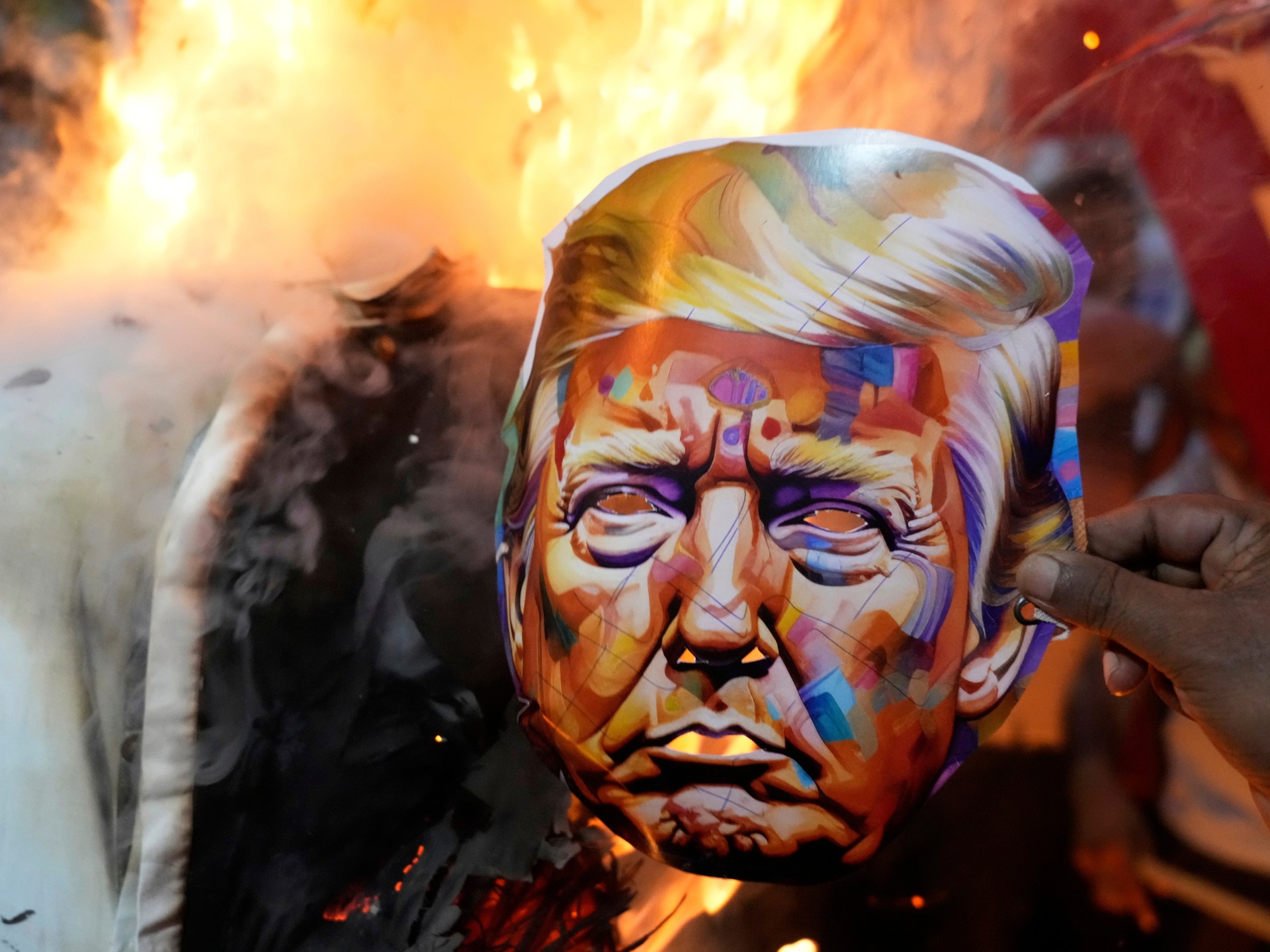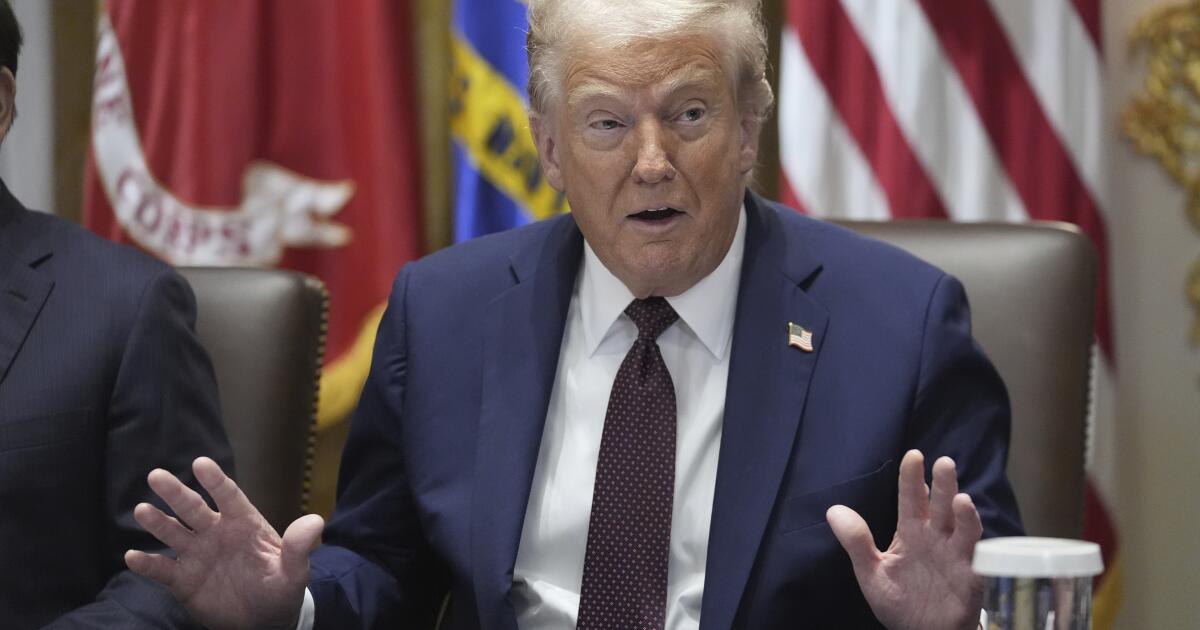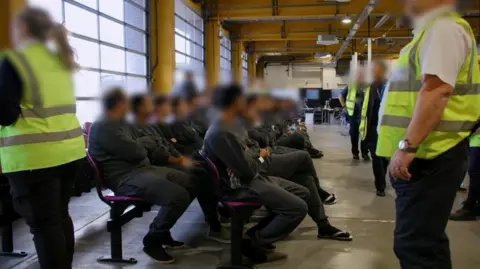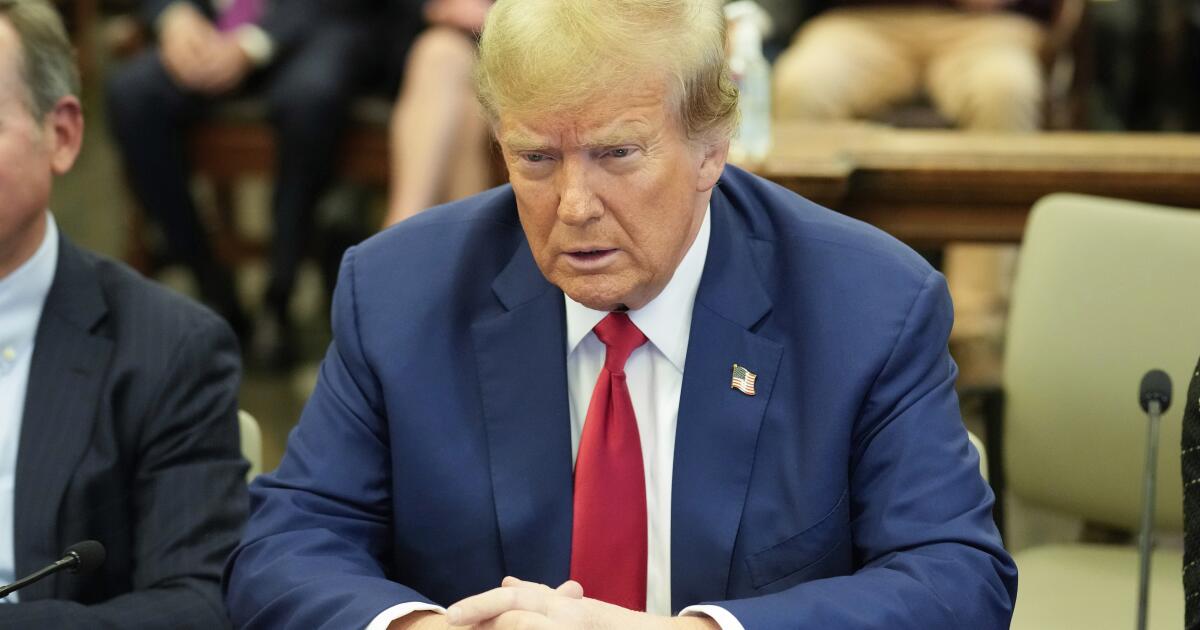Brazil’s ex-president Bolsonaro appeals 27-year sentence for attempted coup | Jair Bolsonaro News
The sentence handed to the far-right politician last month has become a major issue in Brazil-US relations.
Published On 28 Oct 2025
Lawyers for Brazil’s former president Jair Bolsonaro have filed an appeal against his 27-year prison sentence handed down last month for a botched military coup after his 2022 election loss.
The 85-page motion filed with the Supreme Court on Monday sought a review of parts of Bolsonaro’s conviction, including his sentence.
Recommended Stories
list of 4 itemsend of list
United States President Donald Trump has branded the prosecution of his far-right ally a “witch-hunt” and made it a major issue in his country’s relations with Brazil.
Bolsonaro was convicted in September over his bid to prevent President Luiz Inacio Lula da Silva from taking power following the 2022 vote.
The effort saw crowds storm government buildings a week after Lula’s inauguration, drawing comparisons with the January 6 riot at the US Capitol after Trump lost the 2020 election to Joe Biden.
The motion filed by Bolsonaro’s lawyers asserted there were “deep injustices” in his conviction and sentence. It did not stipulate how much of a reduction in the sentence was being sought.
Failed coup
Last month, four of five judges on a Supreme Court panel found Bolsonaro guilty of five crimes, including taking part in an armed criminal organisation, trying to violently abolish democracy and organising a coup.
Prosecutors said the plot entailed the assassination of Lula, Vice President Geraldo Alckmin and Supreme Court Justice Alexandre de Moraes and failed only due to a lack of support from military leaders.
Trump cited his displeasure with the prosecution in July as he announced punitive tariffs against Brazil and imposed sanctions against Brazilian officials.
Bolsonaro, who has been under house arrest since August, has denied wrongdoing. Under Brazilian law, he will not be sent to prison until all legal avenues are exhausted.
Judicial revisions possible
Thiago Bottino, a law professor at the Getulio Vargas Foundation, told the AFP news agency that while it is unusual for the Supreme Court to reverse its rulings, it had made revisions in the past, including to the length of sentences.
Defendants sentenced by the Supreme Court usually need two judges to diverge on a ruling to request an appeal that could significantly change the decision, Reuters reported.
After only one justice dissented, Bolsonaro’s lawyers filed a lesser motion seeking clarification or review of specific parts of the conviction.
If his appeal fails, Bolsonaro, 70, could request to serve his sentence under house arrest, claiming poor health.
He was recently diagnosed with skin cancer and was briefly admitted to hospital last month with other health issues.
